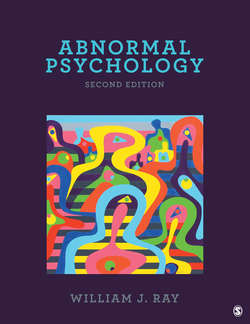Читать книгу Abnormal Psychology - William J. Ray - Страница 142
На сайте Литреса книга снята с продажи.
The Experiment as an Ethical Problem
ОглавлениеLet’s begin with an extreme case of conflictual experimentation: the Nazi medical experiments during World War II. In several concentration camps, such as Ravensbrück, Dachau, and Buchenwald, prisoners were injected with a virus or bacterium and then received drugs to determine the drugs’ effectiveness against the injections. Although medical knowledge was gained from these experiments, the world judged the experiments to be unethical and criminal.
During the trials of the Nazi scientist-physicians, held in Nuremberg, Germany, it was determined that they were guilty of war crimes. Seven of them were later hanged, and eight received long prison sentences. As a result of these trials, a code of ethics for medical experimentation with human participants (called the Nuremberg Code) was adopted as a guideline for future research. What was unethical about the experiments at the Nazi concentration camps was not that human beings were given a virus. Almost all of our current procedures of preventive medicine (the polio vaccine as a historical example) required that the procedure be tested on human beings. What was deemed unethical was that these Nazi physicians were convicted of conducting experiments without the consent of their participants.
